LITERATURE IS THE SUBJECT WITH THE MOST CANDIDATES REGISTERED , GUANGDIAN IS THE LEAST
According to information from the Ministry of Education and Training, this year's high school graduation exam has 1,165,289 candidates registered, an increase of nearly 98,000 candidates compared to 2024 (with 1,067,391 candidates registered). Also from the above data, when arranged in descending order by the number of candidates for each subject, it can be seen that literature has the highest number of candidates registered, followed by math, these are two compulsory subjects. German and Russian are ranked last.
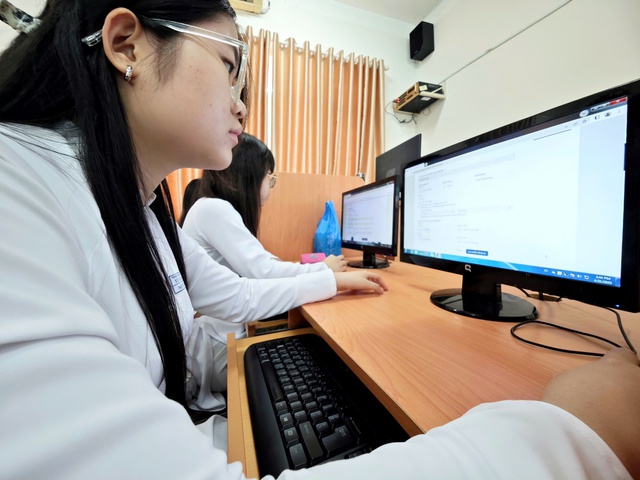
The Ministry of Education and Training has announced the number of candidates registering for the 2025 high school graduation exam and the percentage of elective subjects.
PHOTO: DAO NGOC THACH
Specifically, the order and number of candidates registered for the exam subjects are as follows: literature (ranked 1st; with 1,151,687 candidates), math (2nd; 1,145,449), history (3rd; 499,357), geography (4th; 494,081), English (5th; 358,870), physics (6th; 354,298), economic and legal education (7th; 247,248), chemistry (8th; 246,700), biology (9th; 72,669), agricultural technology (10th; 21,962), information technology (11th; 7,716), civic education (12th; 4,835), Chinese (13th; 4,366), industrial technology (14th; 2,428), Korean (15th; 561), Japanese (16; 500), French (17; 408), German (18; 171) and Russian (19; 103).
Candidates choose subjects according to their career orientation.
The 2024 high school graduation exam has 6 subjects, of which 3 are compulsory: literature, math and foreign language. In addition, candidates choose one of 2 groups to take the exam, which are the natural science group (KHTN) (physics, chemistry, biology) and the social science group (KHXH) (history, geography, civic education ).
The 2025 high school graduation exam has 4 subjects, of which 2 are compulsory subjects: literature and math. Candidates can choose 2 more subjects from the following subjects (foreign languages including English and other foreign languages), physics, chemistry, biology, information technology, technology ( agriculture , industry), history, geography, economic education and law. With this organization method, the percentage of candidates registering for each subject compared to the total number of candidates registering for the exam is reduced compared to the 2024 exam.
History (in 2024 it is 66.16% - in 2025 it is 42.85%), geography (66.02% - 42.40%), English (91.95% - 30.8%), physics (32.38% - 30.40%), chemistry (32.47% - 21.17%), biology (32.08% - 6.24%). Particularly, civic education, in 2024 it is 54.68%, in 2025 it is 0.41% but there is an additional 21.22% of economic and legal education.
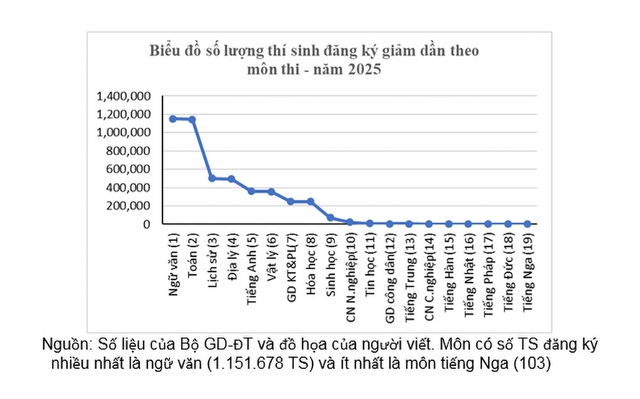
In 2025, candidates will choose subjects according to their career orientation, so the exam results will certainly be more substantial and reflect the quality of the exam than in the years 2024 and earlier. For example, in 2025, candidates will choose physics at 30.40%, chemistry at 21.17% and biology at 6.24%, in the ratio of 5:3:1.
Meanwhile, in 2024, the rate of all three subjects is 32% (the corresponding ratio is 1:1:1). Thus, it is possible that a significant proportion of candidates take the biology and chemistry exams only to avoid failing, not for career orientation. This is clearly reflected in some provinces and cities with the average score ranking of chemistry and biology in the first and second places, but the average score ranking of the exam is ranked 62nd and 63rd in the country.
According to the above data, the subjects that will be included in the high school graduation exam for the first time in 2025 have very few candidates registered. Specifically, the subjects of agricultural technology (21,962 candidates - accounting for 1.88%), information technology (7,716 - 0.66%) and industrial technology (2,428 - 0.21%). According to education experts, this is because many candidates choose to study information technology but are afraid to take the exam because they have no experience in reviewing and taking the exam.
Regarding foreign languages, English is the most chosen subject with 358,870 candidates, followed by Chinese (4,366), Korean (561), Japanese (500), French (408), German (171) and Russian (103). It is worth mentioning that Russian and French were previously popular subjects in high schools, but in recent years, their popularity has decreased significantly, with over 100 candidates taking the exam nationwide.
3 FACTORS AFFECTING THE TREND OF CHOOSING SOCIAL SCIENCES AND HUMANITIES
The 2025 high school graduation exam has 4 subjects, so the total number of exams for the entire exam will decrease from 6,106,348 in 2024 to about 4,026,157 in 2025 (expected). If we calculate the total number of natural and technological subjects (including mathematics, physics, chemistry, biology, information technology, technology) in 2024, it will be 2,080,191 exams, accounting for 34.07% of the total number of exams; in 2025, it is expected to be 1,851,222 exams, accounting for 40.13%, an increase of about 6% compared to the previous year. In contrast, the total number of social sciences and humanities exams (including literature, foreign languages, history, geography, civics, economics and law education) in 2024 will be 4,613,409 exams, accounting for 65.93%; By 2025, there are expected to be 2,762,187 articles, accounting for 59.87% (down 6%).
These figures show that in 2025, TS will pay more attention to natural science and technology subjects than in 2024. This will be in line with the trend of increasing demand for training in STEM (science, technology, engineering, mathematics) fields in university and vocational education.
However, this growth is quite low compared to the demand, while subjects such as biology, information technology, and technology have very low numbers of candidates taking the exam. On the contrary, subjects such as history, geography, economic education, and law have high numbers of candidates taking the exam.
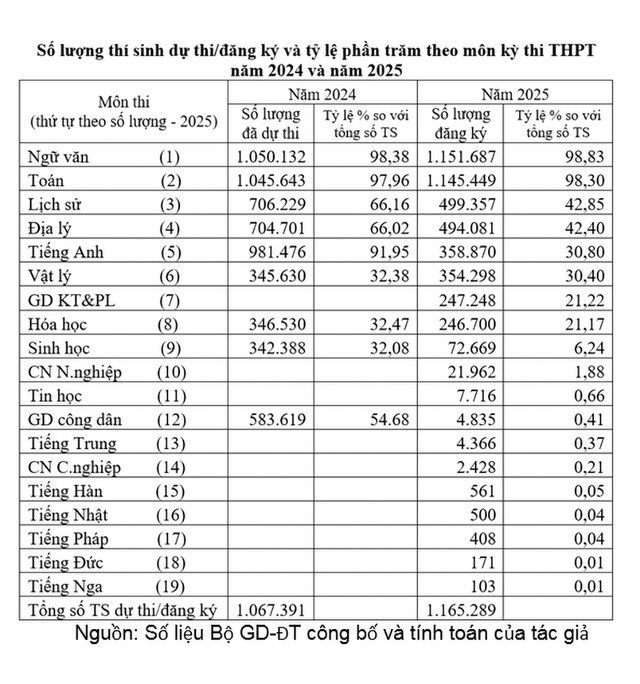
According to education experts, there are 3 factors that influence the tendency of students to choose to study and take high-level social science subjects:
Firstly, the organization of the educational program, in which compulsory subjects and educational activities are more social and humanistic, with only mathematics being natural and logical.
Second, the total graduation exam score of the Social Sciences group for many years is higher than the total exam score of the Natural Sciences group (2 points higher).
Third, in recent years, universities have recruited many groups of students with social sciences subjects, including some technical majors. In addition, many high schools in mountainous areas have more social sciences classes than natural sciences classes.
SYNCHRONIZED SOLUTIONS FROM SECONDARY SCHOOL LEVEL
In order for students to choose subjects and exams that are suitable for human resource needs (a lot of labor is needed in science, technology, and engineering fields), there needs to be synchronous solutions right from junior high school.
For secondary school level, it is necessary to teach all subjects equally, improve the quality of teaching and learning of math, natural sciences and technology, create conditions for students to be interested in and invest in these subjects, instead of focusing on high school entrance exam subjects (most provinces and cities currently choose math, literature and English).
At the secondary level, organize quality career guidance activities so that when students enter high school, they can choose a combination of studies that is suitable for their career orientation and human resource needs. At the same time, implement post-secondary streaming based on students' real career needs, not just based on academic rankings, and thus there will be a number of students with good academic performance who choose a career path early, and can go to university later.
According to the reflection of some secondary school principals in mountainous areas, many students after graduating from secondary school and high school return to their hometown to work for hire. This is a reality that many school administrators are very concerned about, because most of the students do not have professional or vocational qualifications.
High schools pay more attention and guide students to choose to study in the combination of natural sciences and technology, so that students not only aim to study at university or vocational education, but also directly enter the labor market with the abilities in math, science, technology, information technology... to apply in life.
According to forecasts from education experts, some occupations that tend to increase the number of workers in the coming years are: science and technology - engineering, artificial intelligence, health care, banking and marketing...
The Ministry of Education and Training requires that the graduation exam questions for social sciences must gradually increase in difficulty (equal to natural sciences). When studying the education program in the South before 1975, it shows that over 80% of high school students chose experimental sciences (physics, chemistry, biology), and mathematical sciences, while less than 20% chose literature (including literature in foreign languages and classical languages), because the literature department has very high requirements for literature, foreign languages, and philosophy. Thus, society also needs workers in the social sciences and humanities, but requires high quality and does not accept low quality.
Universities should link more effectively with technology, engineering and science businesses to improve training quality, increase student employment rates and high incomes for workers in STEM fields to encourage students to study.
Source: https://thanhnien.vn/giai-phap-de-thi-sinh-chon-mon-thi-phu-hop-nguon-nhan-luc-185250504201729002.htm







![[Photo] Cutting hills to make way for people to travel on route 14E that suffered landslides](https://vphoto.vietnam.vn/thumb/1200x675/vietnam/resource/IMAGE/2025/11/08/1762599969318_ndo_br_thiet-ke-chua-co-ten-2025-11-08t154639923-png.webp)


![[Video] University of Foreign Languages - Vietnam National University, Hanoi received the First Class Labor Medal](https://vphoto.vietnam.vn/thumb/402x226/vietnam/resource/IMAGE/2025/11/08/1762614378165_gen-h-z7203450341291-b1f427bb0cccc706a5bcc4b985f90a70-7234-jpg.webp)



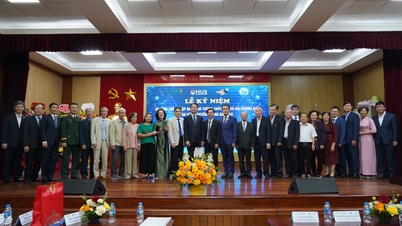




















![[Video] Hue Monuments reopen to welcome visitors](https://vphoto.vietnam.vn/thumb/402x226/vietnam/resource/IMAGE/2025/11/05/1762301089171_dung01-05-43-09still013-jpg.webp)














































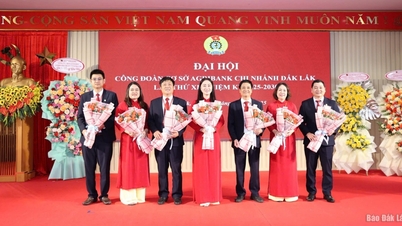

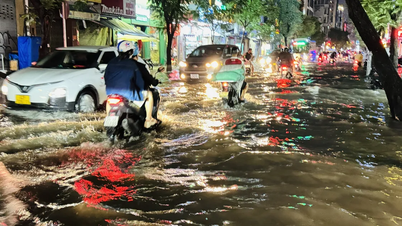

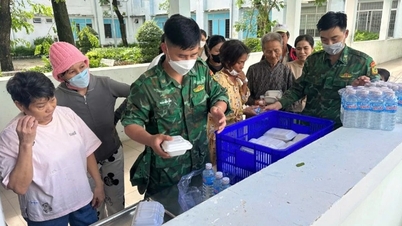













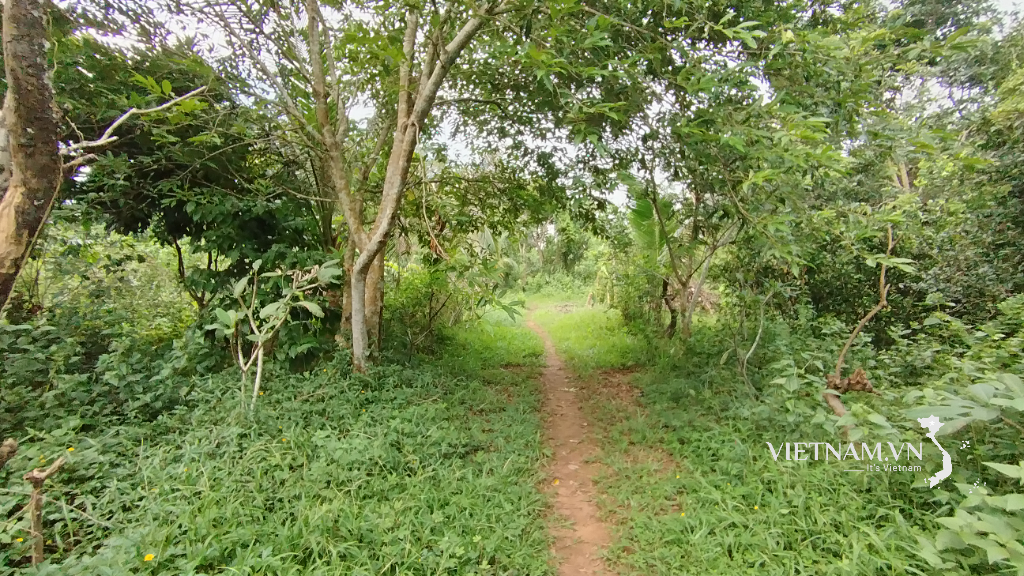
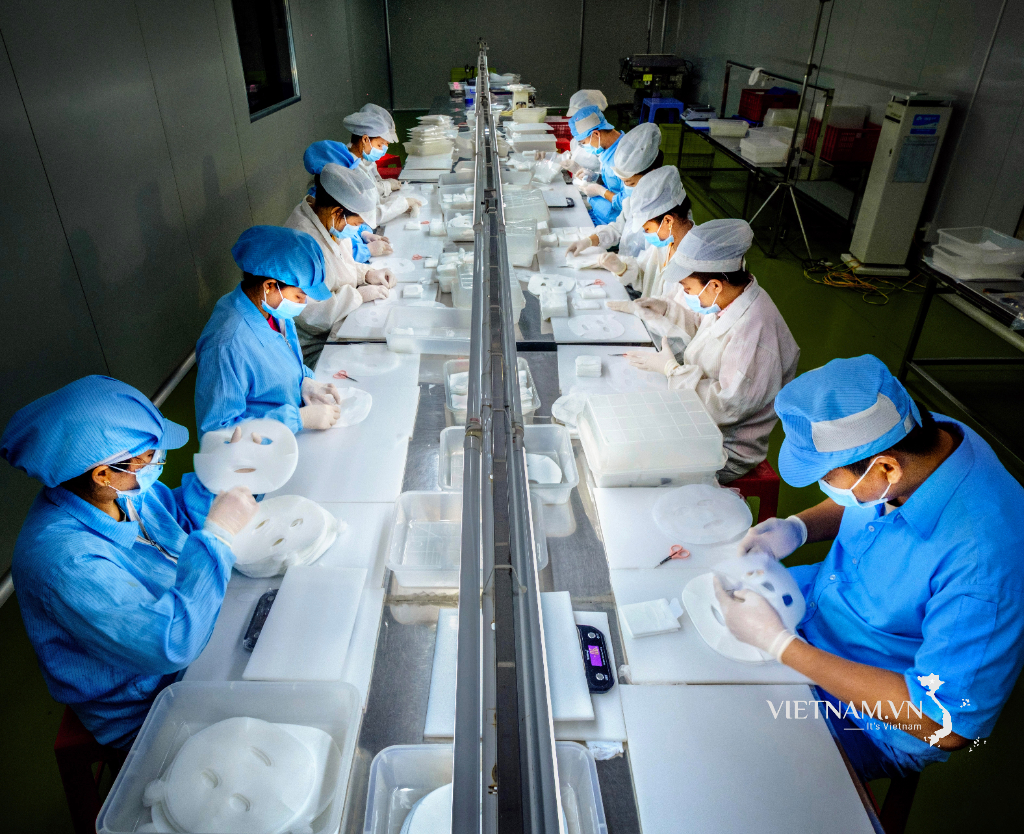

Comment (0)